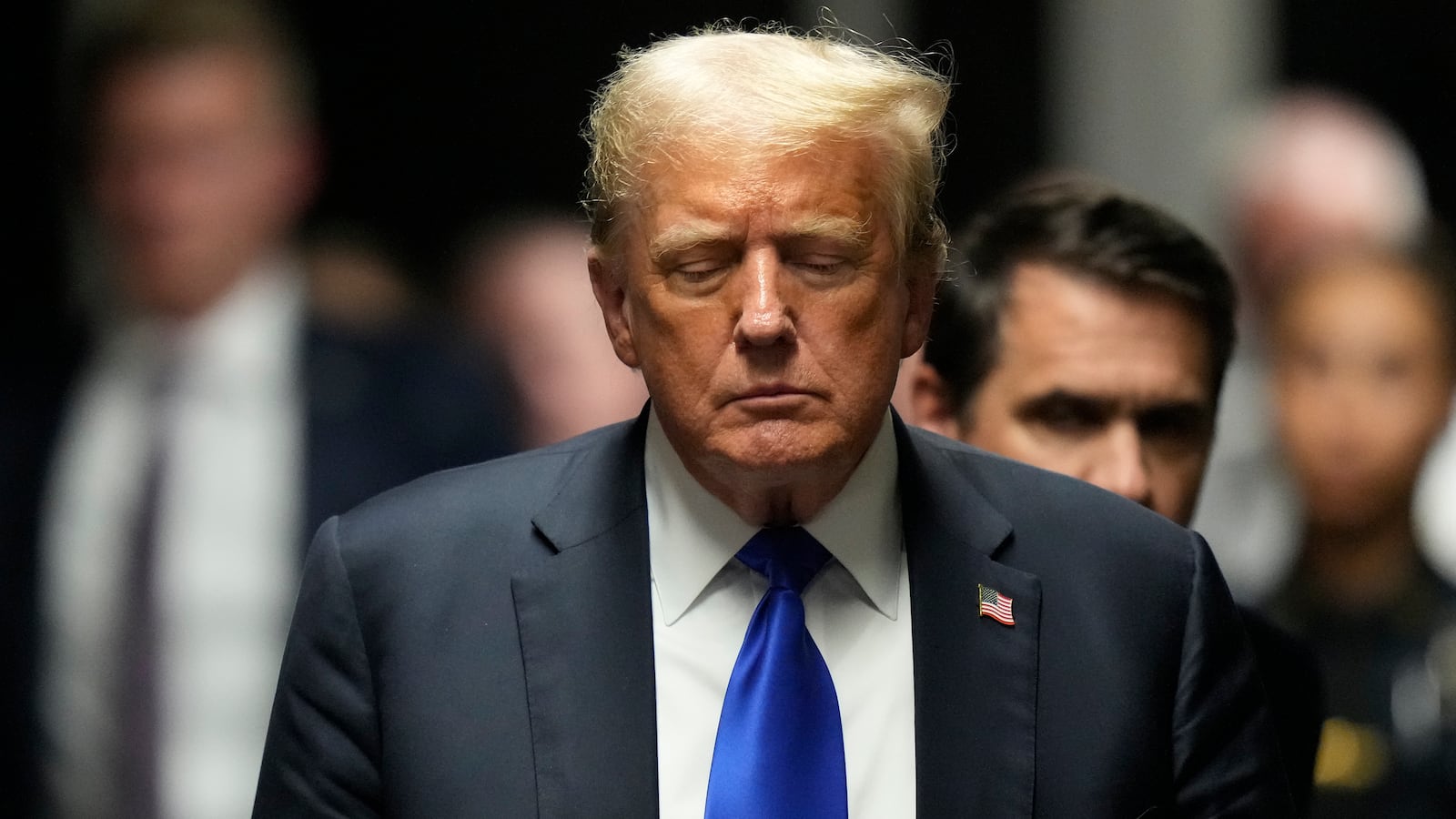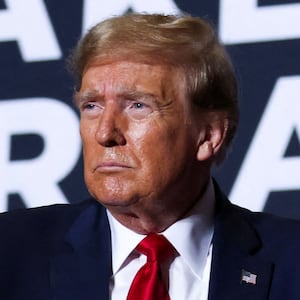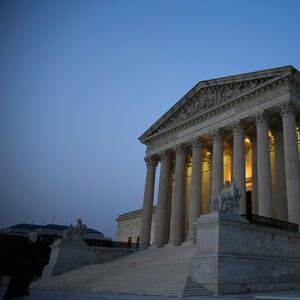A federal judge denied Donald Trump’s bid to move his hush money case in New York to a federal court on Tuesday, just two weeks before the former president is set to be sentenced after being convicted for falsifying business records to help his 2016 campaign.
Despite the Supreme Court’s July decision that upheld limited presidential immunity for official acts taken while in office, District Judge Alvin Hellerstein of the Southern District of New York shot down Trump’s second attempt to move the criminal court case to federal court, arguing that “nothing in the Supreme Court’s opinion affects my previous conclusion that the hush money payments were private, unofficial acts, outside the bounds of executive authority.”
Trump was convicted on all 34 felony counts in May for falsifying business records. Judge Juan Merchan scheduled the sentencing for the former president on Sept. 18—a date that Trump’s lawyers argue is too close to the presidential election.
In the ruling, Hellerstein argued that federal court was the wrong place to take the criminal case. “The proper recourse for parties seeking to remedy alleged errors made during a state trial is to pursue a state appeal or, at the highest level, seek review from the Supreme Court of the United States. It would be highly improper for this court to evaluate the issues of bias, unfairness, or error in the state trial. Those issues are for the state appellate courts.”
Trump previously tried to move the case to federal court last July—which was also rejected by Hellerstein. “The evidence overwhelmingly suggests that the matter was a purely a personal item of the President-a cover-up of an embarrassing event,” the federal judge wrote in the previous ruling. “Hush money paid to an adult film star is not related to a President’s official acts. It does not reflect in any way the color of the President’s official duties.”
Despite the lack of success in their first attempt at removal, Trump’s attorneys tried again after the landmark Supreme Court ruling this July. In a notice filed in August, Trump’s lawyers called the New York criminal case a “zombie” case and argued that the original grand jury indictment relied on “official acts” taken as president.
They also argued that Merchan’s decision to allow prosecutors to admit tweets as evidence violated the Supreme Court decision—which were part of the president’s “extraordinary power to speak to his fellow citizens.”
Hellerstein addressed the tweets in question—statements from Trump related to his relationship with his former attorney Michael Cohen—in his 2023 ruling. “Even if I accept Trump’s allegations in the Notice that the payments to Cohen were compensation for his services as Trump’s personal attorney, the requirement that the removing party demonstrate a relationship to an official act is not satisfied,” the federal judge wrote. “Not every act of or on behalf of a federal officer is an act under color of office.”
The Trump campaign did not immediately respond to a request for comment from the Daily Beast. The former president’s campaign spokesperson Stephen Cheung told the Associated Press they would “continue to fight to move this Hoax into federal court where it should be put out of its misery once and for all.”







